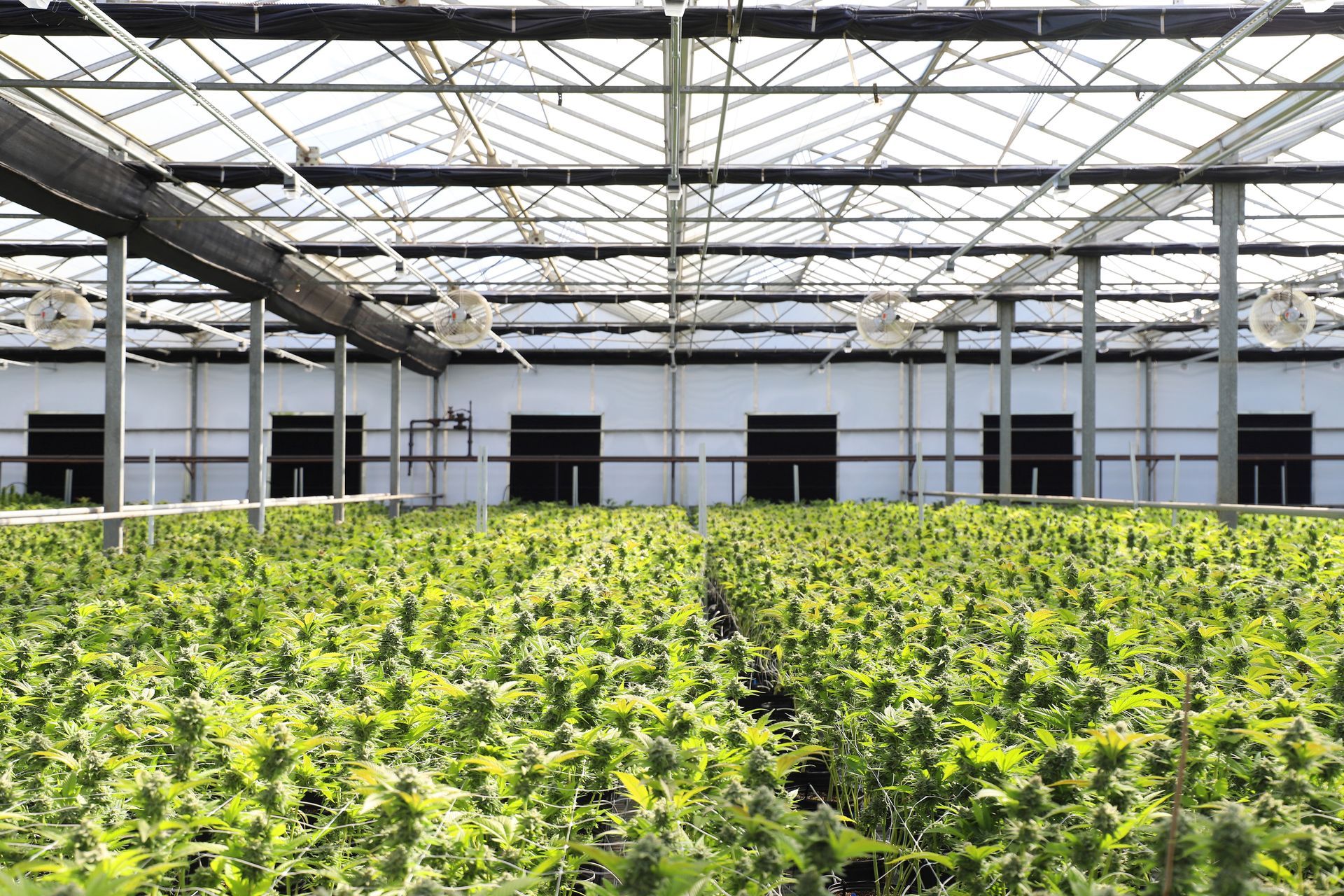Hispanic Heritage + Cannabis
The Complex Intersection of Cannabis and Hispanic Heritage: A Call for Nuanced Understanding

Before the arrival of the Spanish colonizers, indigenous peoples in Latin America had a rich tradition of plant-based medicines. While cannabis was not among them, the Spanish introduced hemp primarily for industrial use in textiles and ropes. Historical documents, such as the accounts of Spanish colonizers and missionaries, provide evidence of hemp's introduction and its initial non-controversial role.
The Roots of the Plant
Long before the Spanish set foot in the New World, indigenous peoples had their traditions of plant-based medicine. While cannabis was not native to these regions, the Spanish colonization led to the introduction of hemp, mainly for industrial purposes such as making textiles and ropes. This historical intersection set the stage for the plant's complex relationship with the people of Latin America.
The Shadows of Criminalization
The 20th century marked a shift towards criminalization. Triggered by international anti-drug policies, such as the Single Convention on Narcotic Drugs of 1961, most Latin American countries outlawed cannabis. The War on Drugs amplified these policies, with devastating effects on Hispanic communities ranging from the operations of drug cartels in Mexico to the disproportionate incarceration rates of Hispanic minorities in the United States.
Winds of Legalization: The 21st Century Shift
Fast-forward to the modern era, and the policy landscape is dramatically changing. Uruguay set a precedent in 2013 by legalizing cannabis for recreational use. Following suit, Mexico, Colombia, and Argentina are either considering or have already relaxed laws around cannabis use. In the United States, where Hispanics constitute a significant demographic, states are progressively legalizing medical and recreational cannabis.
The Social Stigma
However, despite these legal shifts, a social stigma around cannabis use persists, often more pronounced within conservative Hispanic communities. This perception is a barrier to exploring the plant's medicinal potential and alienates marginalized groups within this demographic.
As we celebrate Hispanic Heritage Month, it's crucial to consider the complex relationship between cannabis and Hispanic culture. The plant is not merely a substance to be accepted or vilified but a subject requiring a nuanced understanding of its historical, social, and legal implications. As attitudes evolve, so too should our conversations, making room for the multifaceted role that cannabis plays in Hispanic heritage.
SHARE:











